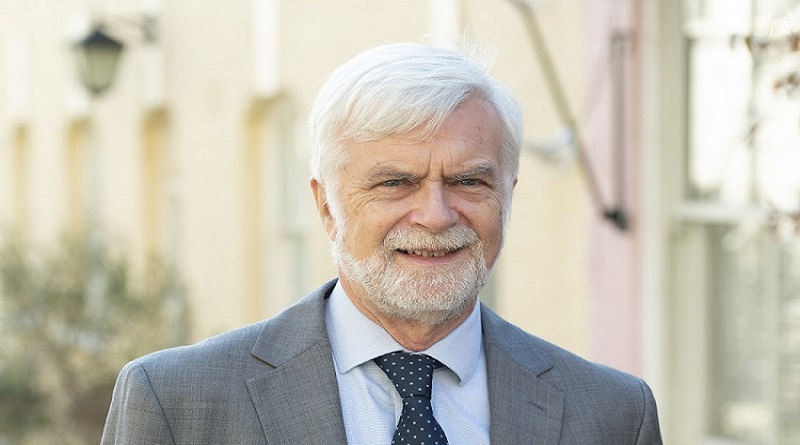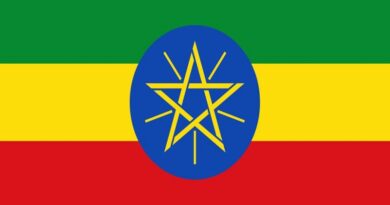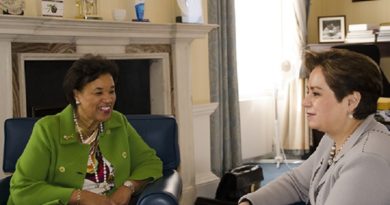IPCC to deliver latest climate change science reports during seventh assessment cycle
The Intergovernmental Panel on Climate Change (IPCC) will deliver a set of reports assessing the latest climate change science during the seventh assessment cycle. More than 300 delegates from 120 governments decided on the IPCC’s scientific structure of work for the new cycle at the Panel’s 60th Plenary session, which concluded early this morning in Istanbul, Türkiye.
In deliberations during the four-day meeting, the governments agreed to produce the three Working Group contributions to the Seventh Assessment Report, namely the Working Group I report on the Physical Science Basis, the Working Group II report on Impacts, Adaptation and Vulnerability and the Working Group III report on Mitigation of Climate Change. The Synthesis Report of the Seventh Assessment Report will be produced after the completion of the Working Group reports and released by late 2029.
The Panel decided already during the previous cycle to produce a Special Report on Climate Change and Cities and a Methodology Report on Short-lived Climate Forcers. Scientists have also been asked to deliver a Methodology Report on Carbon Dioxide Removal Technologies, Carbon Capture Utilization and Storage.
In addition, a revision of the 1994 IPCC Technical Guidelines on impacts and adaptation as well as adaptation indicators, metrics and guidelines, will be developed in conjunction with the Working Group II report and published as a separate product.
“The Panel has taken a critical step in plotting the course for the entire cycle. Their decisions reflect the interest of member governments in getting policy-relevant, timely and actionable scientific information as soon as possible and providing input to the 2028 second Global Stocktake. There is a notable emphasis on adaptation to climate change,“ said IPCC Chair Jim Skea.
“Today’s decision is also a clear signal to the scientific community that the work on the new assessments of the climate change science can now begin in earnest.”
The delegates also decided on a range of budgetary and other matters related to the delivery of reports, as well as on the admission of new observer organisations and IPCC’s scholarship programme.




